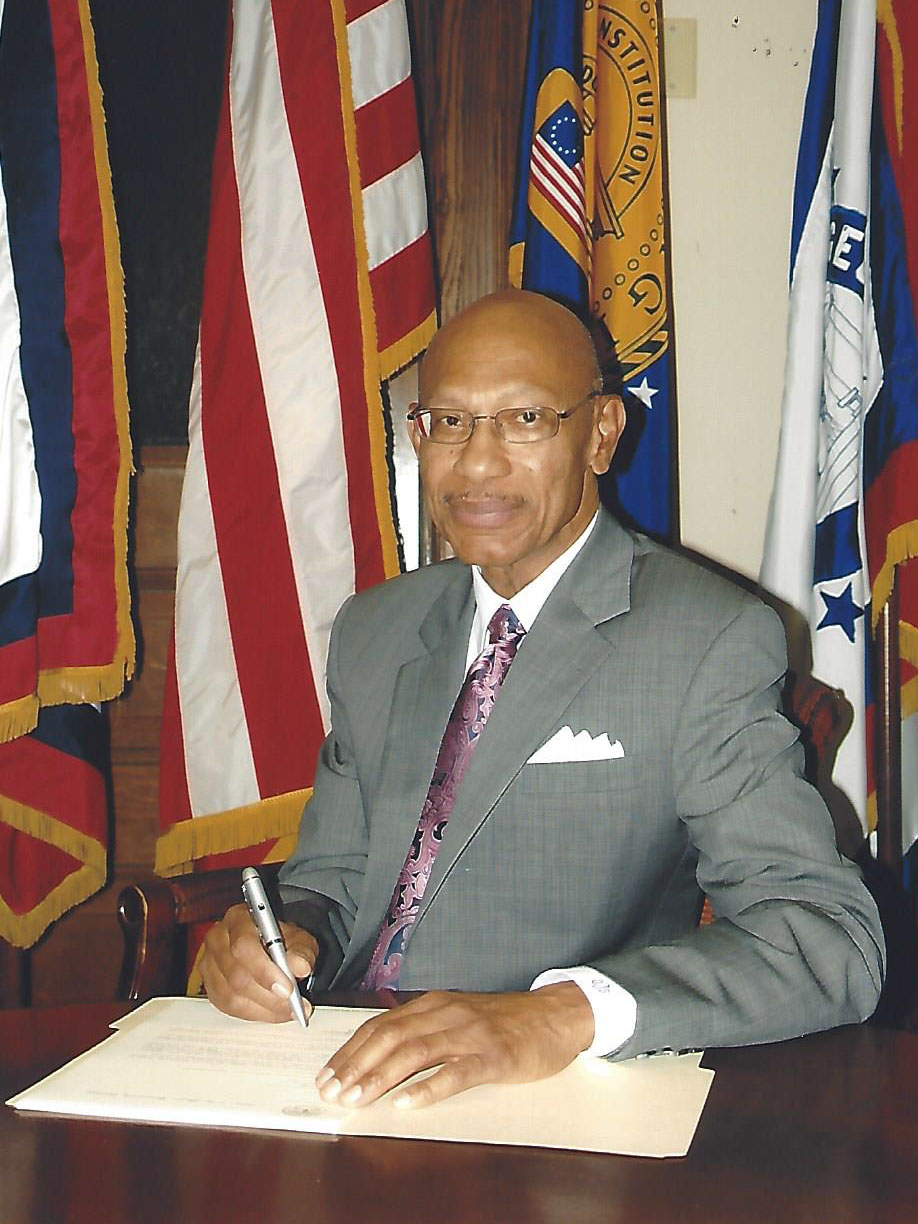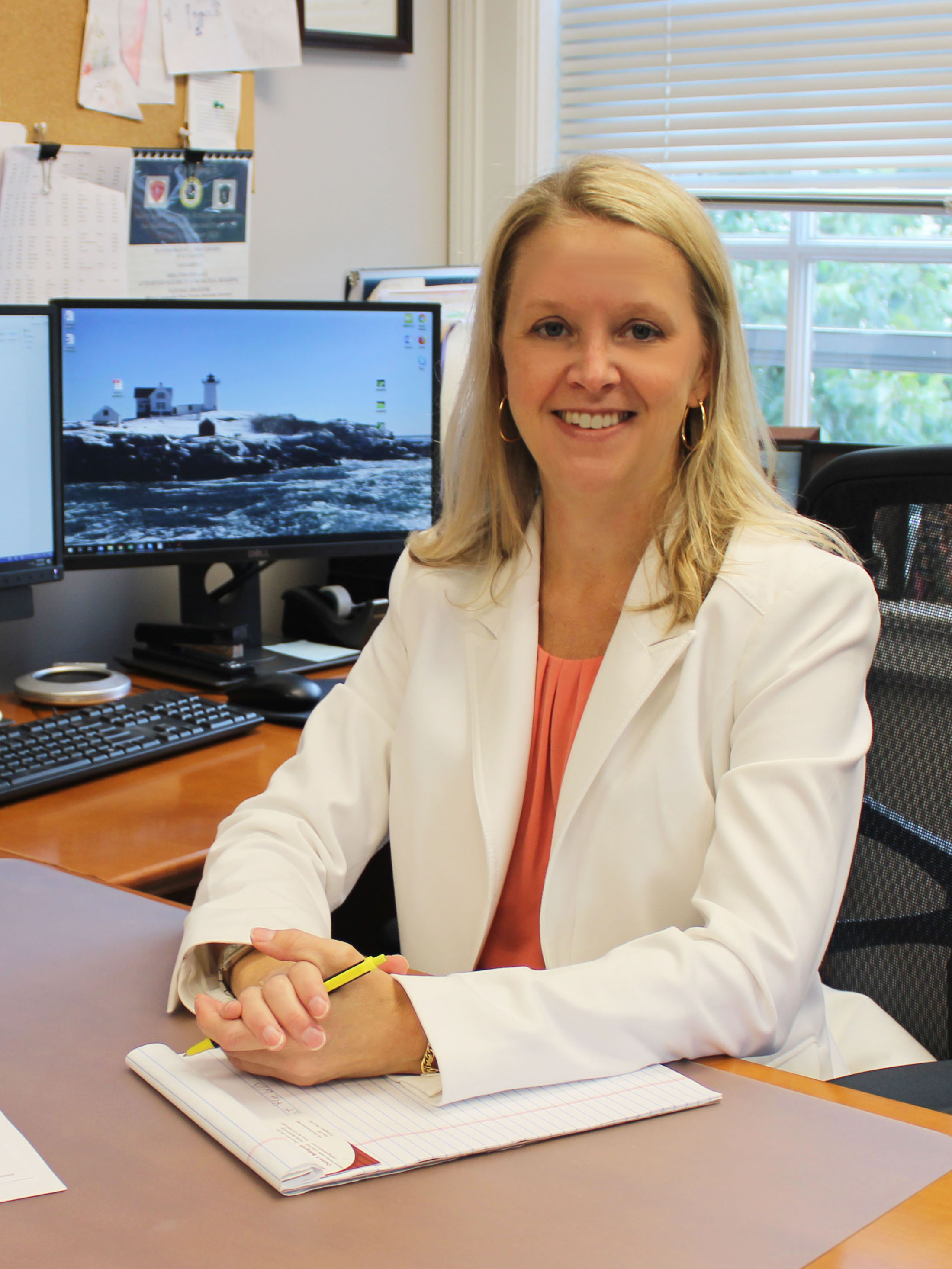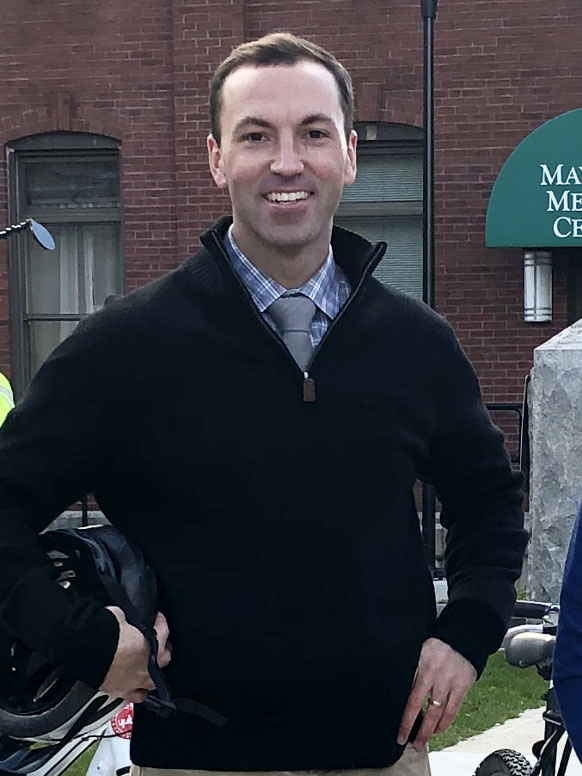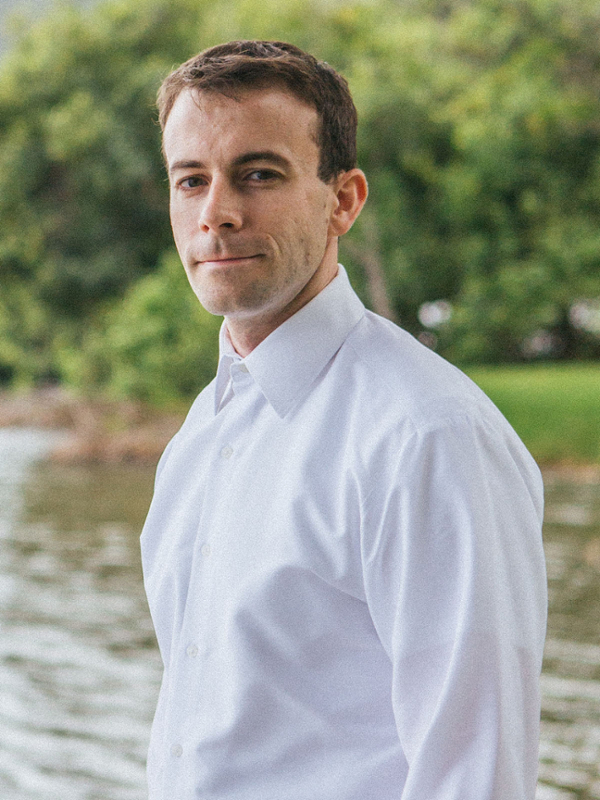
By Karen Shih
“If you want to make lasting change in the lives of people across the board — middle-income people, working-class people, immigrants — the local level is really where the action is,” says Otis Johnson, PhD’80, former mayor of Savannah, Georgia. “In D.C., policy is made, but the trenches are where the work gets done.”
That’s a common refrain these days, as partisan politics cause gridlock at the highest level of U.S. government. Tom Perez, chair of the Democratic National Committee, told Heller Dean David Weil during a visit to Brandeis in April about his own roots as a member of the Montgomery County Council in Maryland, and urged Heller students to consider a career in local government.
“Service at a local level is remarkably impactful. Why? Because you can’t print money. You have to solve problems,” Perez said.
Turns out, there are already a number of Heller alumni serving in local government, in both appointed and elected positions. Whether they’re championing affordable housing in Savannah, making sure potholes get filled and fielding resident complaints in Massachusetts, or tackling the realities of climate change in Honolulu, they’re all finding a way to make their mark on their communities.
A Lifetime of Local Public Service

Former Mayor, Savannah, Georgia
For half a century, Otis Johnson, PhD’80, has been committed to public service in his home state of Georgia. He’s been a community organizer and a professor at a public university, led an at-risk youth program and served on the school board — all of which led to his role as mayor of Savannah from 2004 to 2012.
“In order to make change, you can protest and demonstrate and all that. But you need someone to actually change the policy or law or practice,” he says. He first served in the city council for five years in the 1980s, then became mayor in 2004.
As a two-term mayor, he led initiatives on poverty reduction and healthy living, including diabetes and heart disease prevention and smoking bans. He also oversaw significant infrastructure improvement, such as creating bike lanes and working with the federal government to buy out houses in flood plains.
In addition, “gentrification is a problem here and all over,” Johnson says, as retirees and students flock to the city and drive up housing prices. “One way to combat it is with mixed-income developments in neighborhoods where you can have subsidized rentals but also have market-rate rentals. We need to make sure our low-wage workers who work downtown can still live downtown.”
As just the second African American mayor in a majority-black city, Johnson was acutely aware of the imbalance of power throughout Savannah’s leadership — a remnant of the Jim Crow era.
“We had to be real firm on making sure these boards and commissions look like the people who live in this city,” he says. “It’s still an ongoing challenge.”
Though Johnson is proud of these accomplishments, he claims none of them as his own. He built coalitions of support, a skill he attributes to his time at Heller.
Growing up during the civil rights movement in the segregated South, he became determined to understand and change the inequities that plagued the country. He chose Heller for his PhD because it had “the pillars of social policy work” on its faculty, including his adviser, Roland Warren, a pioneer in the study of community, and Professor Emeritus David Gil, Johnson’s “North Star” in the analysis of social systems and inequality.
“It was a tremendous experience. The day I got accepted was one of the happiest days of my life,” he says. “In addition to the intellectual experience, there was also the multicultural experience with people from all over the world,” which taught him how to bring people from different backgrounds together.
Heller, Johnson says, prepares its graduates to build coalitions and be good policymakers anywhere they choose to go. “We need people at all levels who are committed to social justice, to equality.”
Leading by Listening

Deputy Town Manager, Lexington, Massachusetts
If you walk into Lexington’s town office building with a problem you need resolved, Kelly Axtell, MBA’05, is the person you’ll see.
“People come because they feel like they haven’t been heard,” says Deputy Town Manager Axtell, whether they’re one of Lexington’s 33,000 residents or a member of the 500-person staff that keeps the town running. “There are some things I’m unable to change for them, but I work hard to treat people fairly and take the time to listen.”
Axtell was recently promoted from assistant to deputy town manager, overseeing five departments: fire, IT, human services, the library and human resources, as well as the town clerk. In her previous role, one key responsibility was to organize town meetings and present major initiatives for voter consideration.
“The citizens here are unbelievably engaged, so they’ll get into the nitty-gritty details,” she says.
It can be a challenge. For example, a recent proposal to partner with the regional school system on overseeing athletic fields was scuttled after six months of work due to resident concerns. But she takes each setback as a learning opportunity.
It’s that drive for improvement that spurred Axtell on the path to town leadership. Her first career was in senior services. In 2003, she chose to pursue her MBA at Heller, which had an elder and disability concentration at the time. After graduating, she took a job as the assistant director of senior services in Lexington, where she soon found a wave of leaders about to retire. That opened up a number of roles, including one for an assistant town manager.
“I didn’t think someone like me could do it,” she says, given her lack of experience. But after attending a conference for municipal leaders, she realized that the management skills she’d gained through the MBA, particularly from the Team Consulting Project, could make her a good fit. “I’m lucky to be in a town that wants to help its staff grow and promotes from within.”
Today, she’s paying that forward by developing a 12-week “Employee Academy” professional development program. It’s designed to build up middle managers and connect them across departments to increase town efficiency.
It might sound exhausting to juggle the constant influx of people coming through her door with the long-term work on town policies, but Axtell thrives on it.
“I’m just one person, but if I can guide the town and help people make informed decisions, it’s very gratifying,” she says. “You can see the benefits for years.”
Contributing to a Community

Town Administrator, Maynard, Massachusetts
“How do I feel good about what I do each day?” That was the question that drove Greg Johnson, MPP’14, to pursue a career in local public service.
He had just finished six years in the Marine Corps, where he’d gained management experience as an officer and was looking for a new career path. “I liked the idea of contributing to a community and helping people’s daily lives and making sure they felt good about where they lived,” he says.
He chose the Heller MPP program and molded it to his own needs. He picked classes and a capstone project that would give him the tools and skills to succeed in local government, including an operations management MBA class and a housing and community development course at Tufts through the Boston Consortium.
After graduating, he worked on the Massachusetts governor’s budget team, but found it unsatisfying. “I wanted to see the impact of my policy recommendations firsthand rather than not knowing how my small part affected the big machine at the statehouse.”
He took a position as project/procurement specialist for the town manager in Westford, Massachusetts, and after two years got the top job in Maynard. As town administrator, Johnson’s role is to research policies and gather the opinions of the community to advise the five elected selectmen.
His biggest challenge hasn’t been a single particular initiative. It’s been building up goodwill in a tightknit community to develop the trust necessary to run a successful town hall.
“People know I’m not from around here. I’m not from Massachusetts. I don’t drop my ‘r’s,’ so I knew I’d have to put the work into becoming a trusted resource,” Johnson says. That’s why during his first year and a half, he’s constantly meeting people wherever he can, from the garden club, to the dog park, to the arts center. Today, he’s confident in offering advice even if he knows it’s not exactly what the selectmen and townspeople want to hear, because he’s built strong relationships.
“If people get to work on time, they feel their kids are safe, their water runs and there aren’t too many potholes. If they don’t think twice about the local government, we’re doing a good job.”
Taking a Local Stand on Climate Change

Former Legislative Analyst, City and County of Honolulu
When the federal government won’t act on pressing issues, it’s often up to the states to take up the mantle.
“Sustainability and environmental issues are critical in Hawaii because the islands are at high risk,” says Todd Swisher, MPP’16. “It’s another area where the federal government isn’t doing what we need to do on climate change. Honolulu is one of the cities that will abide by the Paris Agreement and try to make progress on small things, like getting the city to go to an all-renewable vehicle fleet, and changing the building code with efficiency in mind.”
That’s one reason Swisher chose to be a legislative analyst for the city and county of Honolulu after graduating from Heller and then following his wife to her home state of Hawaii. In his role, he drafted legislation for council members. Though he didn’t propose policies, his job was to make sure the policies were effective.
Navigating the intricacies of how local policies interact with state and federal policies is challenging. But Swisher says Heller prepared him well for the extensive research he did on the taxing power of local authorities and the management of natural-hazard liabilities in cities across the United States, and figuring out how they could be applied to Honolulu.
“Hawaii is kind of an insular place. If you’re not from there, it’s hard to break into government,” says the Massachusetts native. “But the writing quality I got from the Heller program — writing memos and policy analyses — distinguished me from the other candidates for the job.”
For Swisher, going into local government was a bit of a family tradition. His father worked for the city of Framingham, Massachusetts, and always instilled in his son a need to serve the community. After a summer with AmeriCorps and a few years working in nonprofits, Swisher decided to go back to school to gain policy skills.
“I remember studying American government with Professor [Michael] Doonan and learning about federalism and how it’s a distinct feature of our government to have power distributed among different levels,” Swisher says. “At the federal level, you can accomplish a lot with one swing of the bat. But that hasn’t been possible lately, given the politics. As I learned about how policy was moving on the state and local levels, I started shifting my focus.”
Today, he’s back in Massachusetts working as a management analyst with the city of Boston’s Office of Budget Management. He urges everyone to get involved in local politics.
“As a citizen and voter, you live in the same community as these local legislators. They’re pretty accessible, so if you have issues you care about, whether it’s the budget or a bike path, that’s where you have leverage.”
